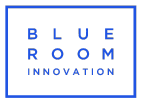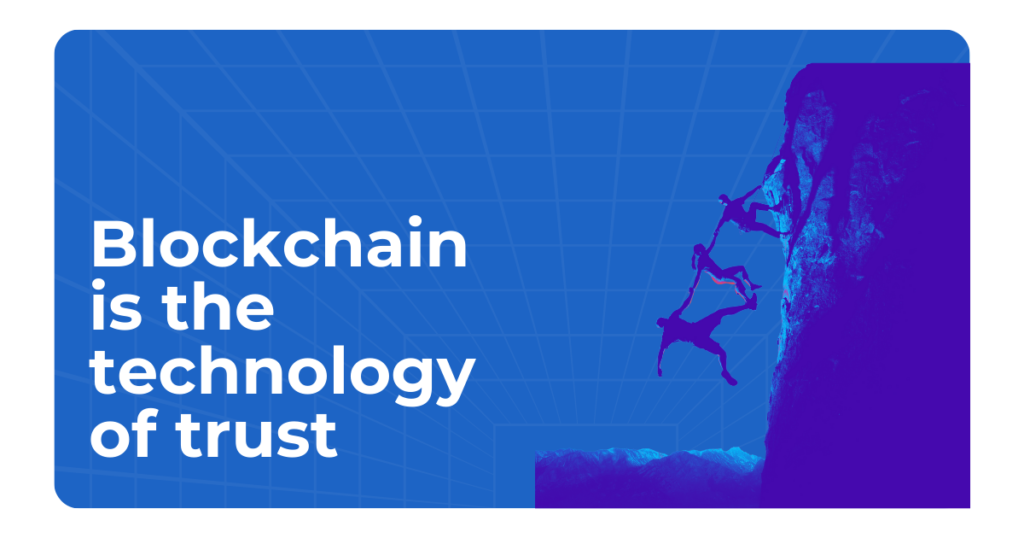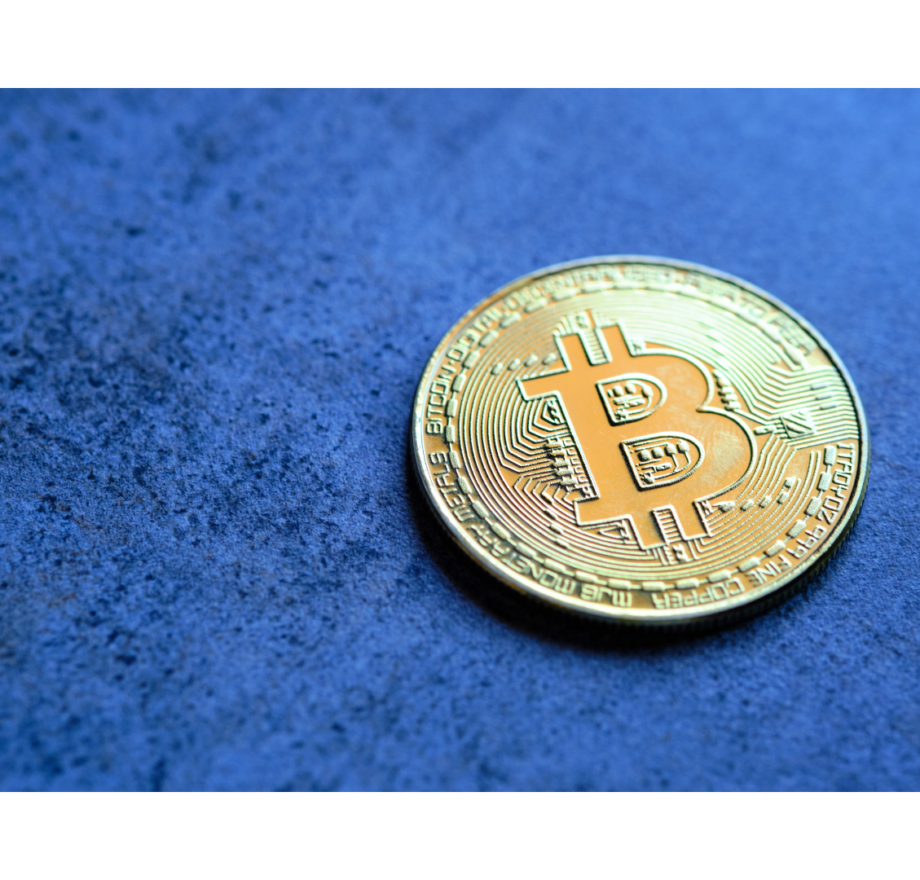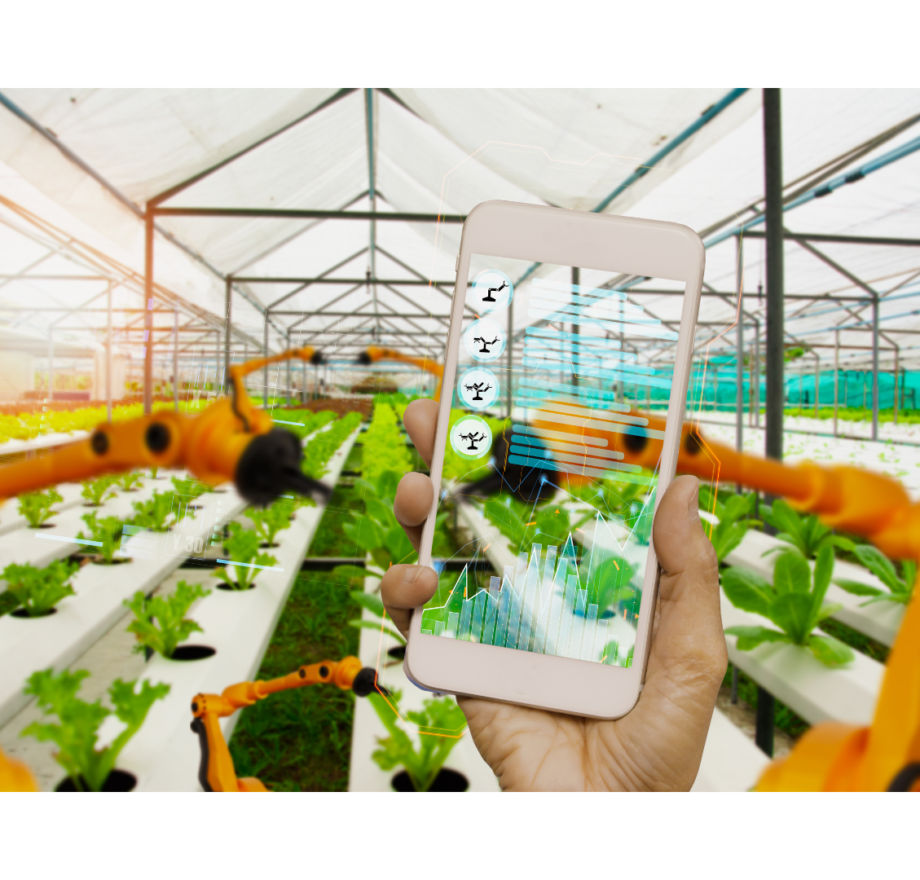

Why blockchain is the technology of trust
The population in general has increased its levels of distrust of the world around it. The reasons can be very varied, but the low reputation that institutions and private people have today stands out. We are more distrustful, in part, it is because of the sources of information that have unreliable or ethically questionable behaviors.
This distrust generates a great need to look for new ways of relating. Society needs to reduce current uncertainty and improve the sense of security and confidence. Because of this we can ask ourselves: And what or who do we trust?
Blockchain technology
The emergence of blockchain technology is probably the most disruptive technological change that has occurred in recent years, and precisely because of the implications this technology has on the way people relate and trust each other. Blockchain solves one of the big problems when interacting with each other, in a very summary way, that we do not trust each other.
Blockchain technology allows to generate safe ecosystems, which generate confidence, and in which each and every one of the individuals involved can have certainty about the veracity of the information stored in it. In addition, it is not dependent on a central entity that stores, manages and leads the data, but there are networks, formed by members or nodes, connected to each other, all with the same power and trusting each other.
When information is stored in blockchain, all members validate it and the decisions or instructions are recorded in a shared code chain between all, that is what makes it possible that it cannot be modified in the future. In the blockchain you can also run processes whose result can also be recorded in the blockchain immutably in the same way.
All this makes it possible to be more agile in the processes, avoiding verification intermediaries and unifying the information among all the participants of a network. The information is not centralized, but totally decentralized.
Examples where blockchain is used to build trust
We can find "small-scale" examples with local blockchain projects and other examples from specific countries that have seen blockchain technology as the great opportunity to build trust. This is the case in African countries.
The blockchain in Africa
Many citizens of African countries cannot trust institutions and do not have access to the global financial system. Under this reality, Africa has been trying for years to exploit all the advantages of the blockchain.
In Africa, blockchain technology gives people the opportunity to trust and participate in a socio-economic system whose foundations allow for inclusion, independence and security. In addition, digital currencies can help promote financial inclusion by giving people access to formal financial services. Finally, digital currencies can offer a way to fight corruption by providing a transparent and tamper-proof transaction log.
The agricultural industry innovating with Blockchain
The blockchain can be used in agriculture, a use case is the Australian company AgriDigital. It has created a platform to manage basic products, connecting farmers and the players of the value chain. By using blockchain technology, the platform creates a token (a programmable asset) to represent a physical commodity, for example, a ton of wheat. When the token passes from one user to another, all transactions with the platform are tracked, besides, these are immutable. This entire ecosystem of data that is created is attached to the token, and payments for these transactions are made through smart contracts. When this atomic exchange takes place, the buyer’s money is transferred to the farmer, at the same time as the digital card is transferred from the farmer to the buyer. Thanks to blockchain technology, both the buyer and the farmer have the assurance that this transaction will be done safely.
The Blockchain applied to public services
Blockchain technology can also be applied to public services, Grid Singularity is launching a new distributed energy utility system. This aims to distribute energy in a decentralized way and aims to be more efficient than the system today. The system is based on a blockchain through which all transactions are stored securely. This platform will not be visible to end users, instead, it will allow companies to develop other applications that seek for utilities such as data analysis and benchmarking, green certificates, smart grid management... This network will allow each household to buy and sell energy through this platform safely.It will help energy consumers to become prosumers of energy.



Products
Digital Product Passport
Descentralized platforms
Descentralized Identity
Verificable Credentials
About us
Team
Methodology
Our Mission
Connect
Cristòfol Grober 4, local 35
17001 - Girona
info@blueroominnovation.com
Follow us
Copyright © 2024 Blue Room Innovation Privacy Policy - Legal Warning - Cookies Policy